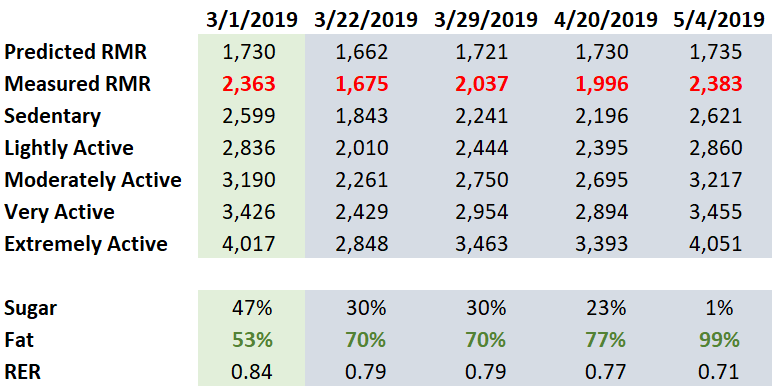We have so many CICO discussions with great replies, it’s a shame some of them get out of hand and end up disappearing into the void. I’m going to resurrect one that went to the grave last night minus the deleted posts. Some of it might be a bit out of context with those posts missing, but I think this could be a great resource for others who show up with the same questions.
I’ll stick a link to Metabolic Pathways diagram here in case anyone needs it for reference. You won’t find a calorie sensor but go ahead and look anyway.
Other discussions of interest about Calories in - Calories out:
Calories in, calories out argument
How many of you watch calories?
Do calories matter?
If you're tracking calories...PLEASE buy/use a food scale
An article: Calorie-focused thinking about obesity - may mislead and harm public health
Calorie restriction?
[rant] One is the cause and one is the effect, conventional wisdom has them switched


